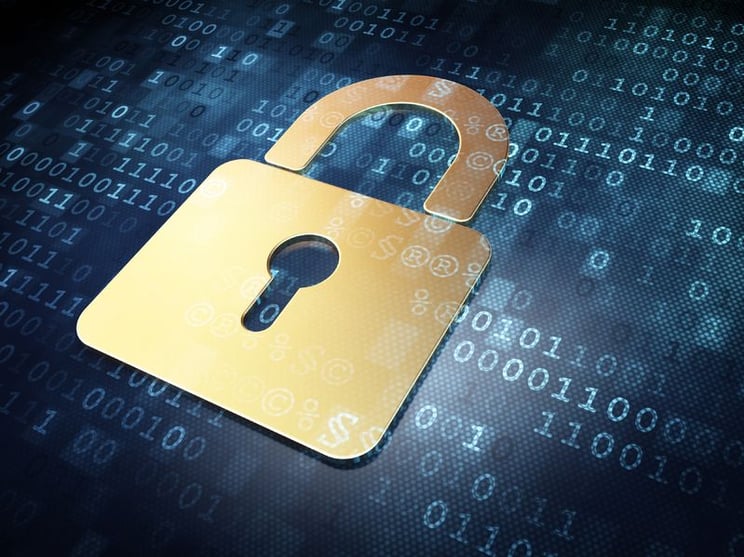
The world seems to be going towards a cyber-controlled existence. Although we are not quite to the point of flying cars and time traveling machines, there are still many different forms of technology available. That technology is available to criminals as well who seek to create chaos and profit at the expense of businesses. Here are some surprising facts regarding cyber security, and advice for individuals and business.
We are inundated with story upon story regarding cyber-attacks of all shapes, sizes, and methodologies. It can be hard to sort out facts from news fluff. Read on to find out which statistics you should pay attention to, and which ones you are not worth more than a hit to the delete key.
1. Money
According to Lloyd’s, the British insurance company which specializes in obscure risks, cyber-attacks cost companies $400 Billion dollars a year. They began offering “hack coverage”, which in 2014 took in $2.5 billion dollars in premiums. This is a rise from $2 billion in 2013 and less than 1 billion in 2012.
What does this mean for the individual consumer? Prices for goods are going to increase as business have to absorb the cost of cyber policies, and implement clean up measures for hacks.
What does this mean for your company? Consider investing in training measures for employees to help avoid threats whenever possible. An investment in information security officers and services to prevent attacks can translate to lower costs in the long run.
2. Personal Security
You definitely have your security settings locked down so there is no way a hacker could every get in your social media profile. Right? Wrong. According to Symantec’s 2013 Internet Security Threat report, approximately 10% of all social medial users have received a cyber threat and over 600,000 accounts are hacked daily.
What does this mean for the individual consumer? You may feel your security is not at risk, but the reality is if you are on the internet, then you are at risk. Add to that the mini-computer character of most cell phones on which we engage in social media, banking applications, and work and personal email and the potential for a data breach grows exponentially. Many of us these apps without encryption and usually with the same or very similar passwords. We also place ourselves at risk by including personal, identifying, information on Facebook, MySpace, and in e-mails. Criminals can use something as simple as your physical home address on Facebook and a posting about your frustrating wait at the airport to learn that your home is unoccupied and available for a break in. Putting your full date of birth on your Facebook page opens you to identity theft. And worst of all, leaving your Facebook and other social media page open to any and all rather than using privacy settings provides criminals with a gateway to all the information necessary to profit at your expense.
What does this mean for your company? Many companies utilize social media accounts for advertising and internet presence. If your social media account is accessed via the same network as your internal apps, or you allow employees to utilize social media apps on their work computers, a simple Trojan horse or phishing scam is just a click away. Once that malware is unleashed inside your network, bank account information and other confidential information is at risk.
3. Lack of Education
According to US Cybercrimes’s Key Findings from the 2014 US State of Cybercrime Survey, 42% of survey respondents said education regarding cyber-crime within companies played a role in deterring a potential criminal. Education is key for all internet users to protect their sensitive information.
What does this mean for the individual consumer? Consumers need training for their personal security as much as employees need training for the sake of your company’s security.
4. Security Threats
According to Damballa’s State of Infections Report Q1 2014, the average large U.S. business encounters up to 10,000 security threats each day. Anytime an employee receives strange e-mails, sees advertisements on a website, or gets a strange message through Facebook, a potential security threat exists.
What does this mean for your company? Make sure employees are educated as to what not to click on in e-mails, on the internet. Consider banning access to social media via workplace computers to avoid the introduction of malware and opening your company to an intrusion.
As a business, even if you and your employees follow all the correct procedures and rules, it is still possible to get hacked. If you are a business owner and need assistance with security policies and rules or for more information on cyber law, contact the Goosmann Law Firm at info@goosmannlaw.com or call (712) 226-4000.






Let Us Know What You Thought about this Post.
Put your Comment Below.